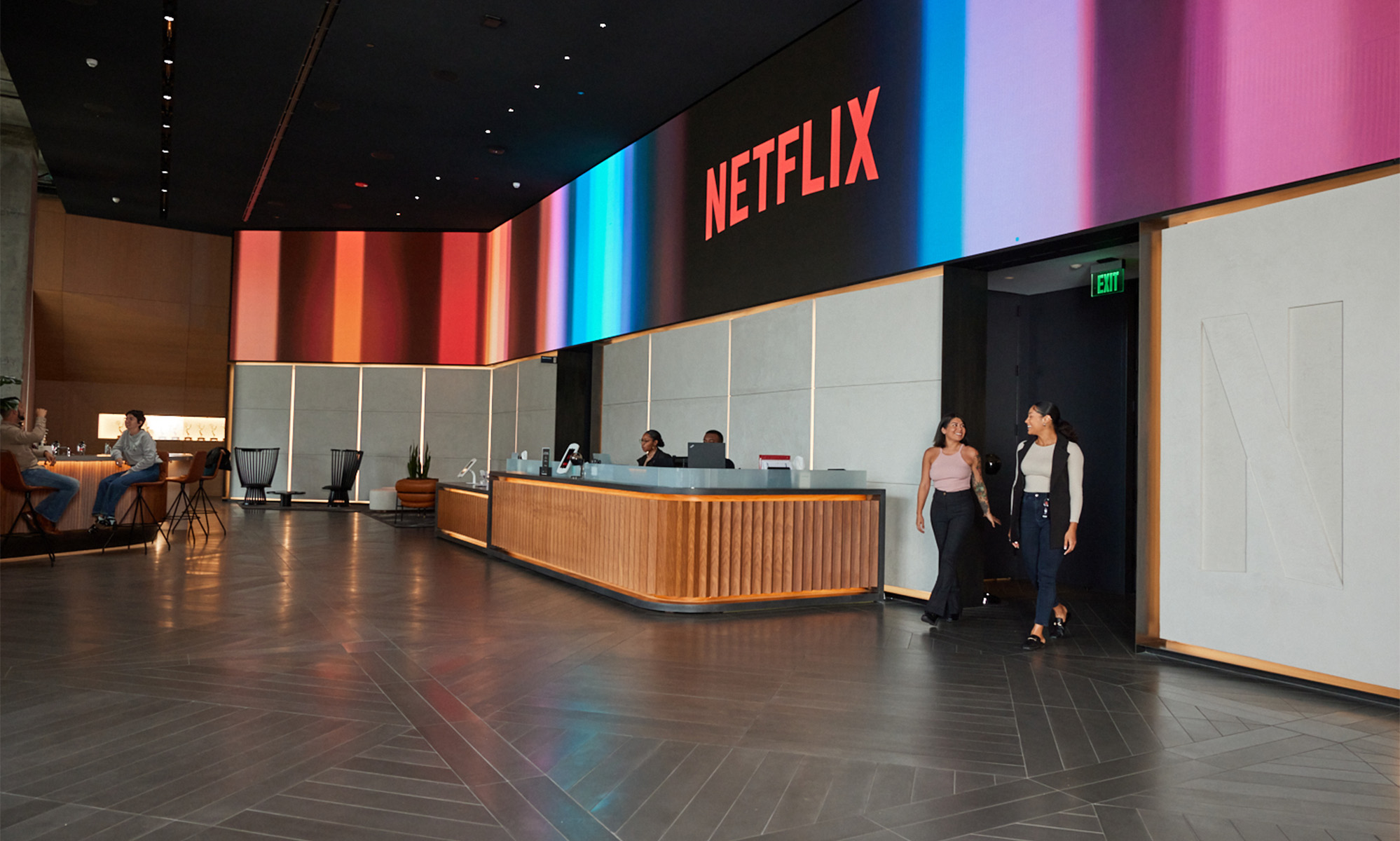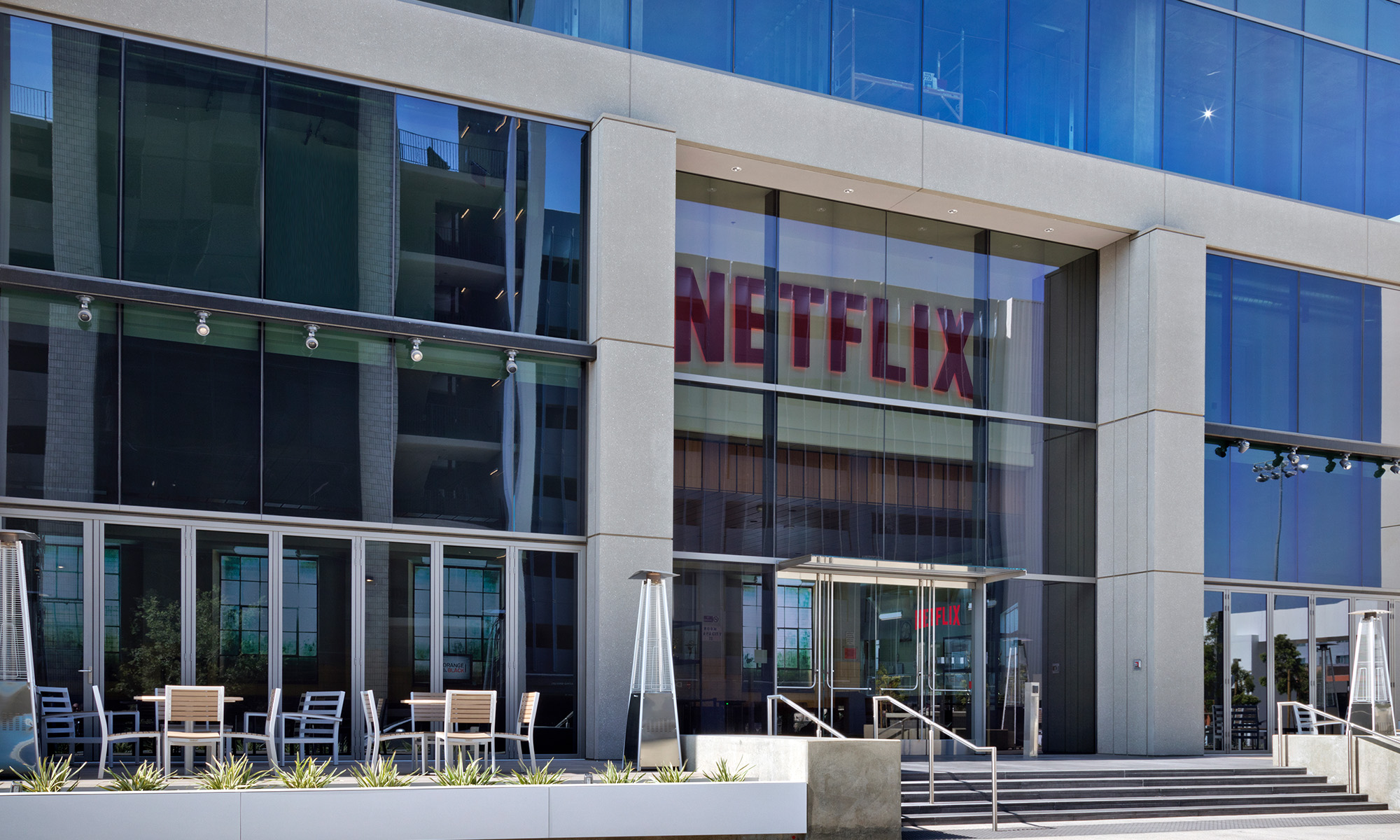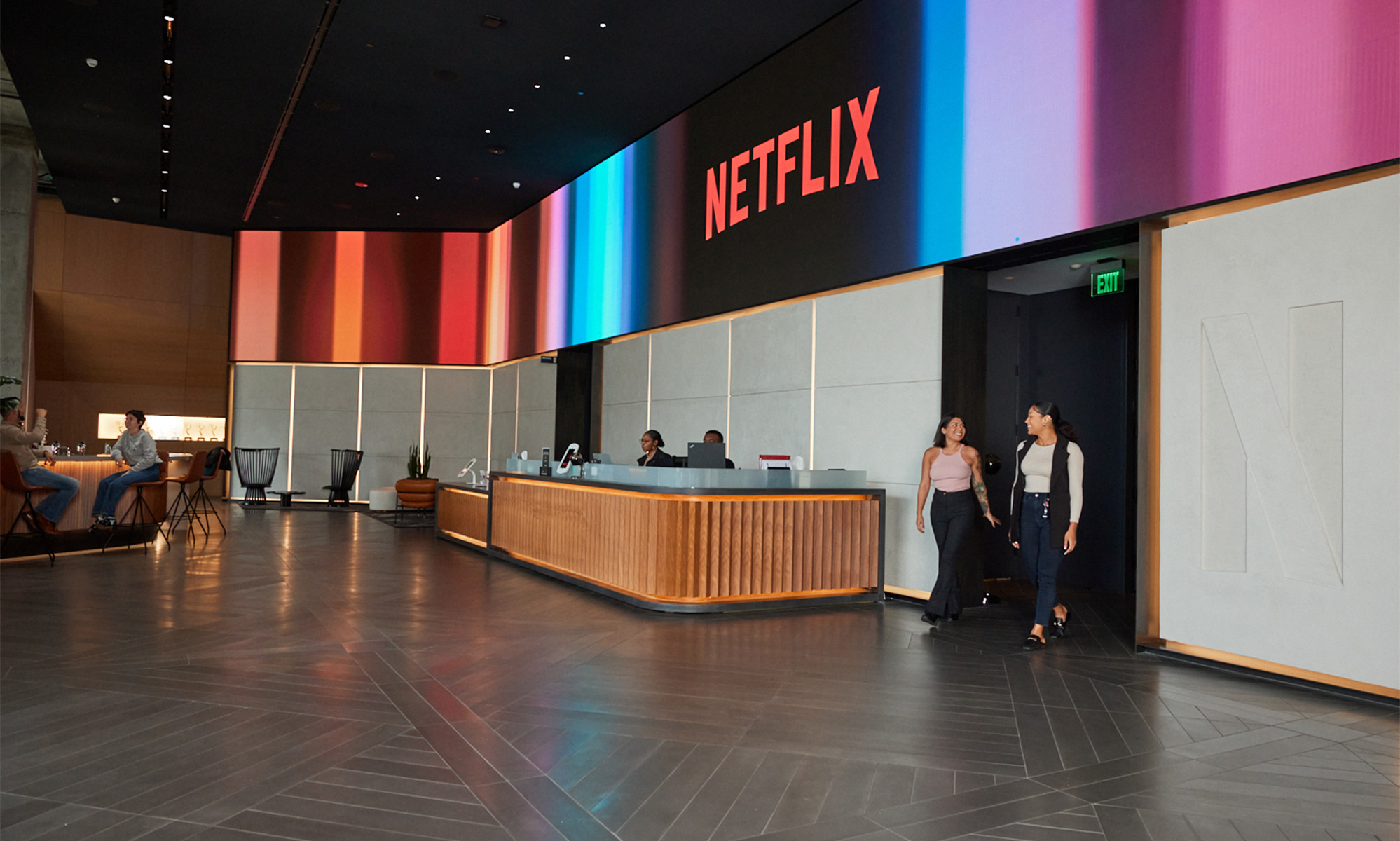Congratulations are in order for Netflix (NFLX 0.15%). Its self-made KPop Demon Hunters movie released in June has been a massive hit for the streaming platform. It's technically Netflix's most successful film ever, in fact, racking up 325 million views in just the first three months it was available to subscribers.
And now toy makers Mattel (MAT 1.84%) and Hasbro (HAS +0.31%) are getting in on the craze. Mattel intends to manufacture a range of collectibles, figures, and more beginning next year, while Hasbro intends to focus on games and plush toys related to the wildly popular movie. Netflix appears to be as excited about the revenue prospects of these licensing agreements as Hasbro and Mattel are. And, maybe it should be.
It all raises an important question for current and would-be Netflix shareholders, though: Did Netflix just graduate from being a mere streaming middleman to being a full-blown media and entertainment powerhouse?
But first things first.
What the heck are KPop Demon Hunters?
It's not quite as crazy or macabre as the name suggests. The animated film follows the adventures of three Korean pop stars who -- when they're not performing on stage -- are busy using their special powers to fend off supernatural bad guys. Although the titular characters are in their 20s and the PG-rated movie isn't exactly suited for viewers under the age of 10, there's enough of a voracious crowd of tweens and teens that love the film enough to support sales of related branded merchandise.
It's still not exactly clear what made the flick such a hit. There's some speculation that the lack of any controversy with the making of the film is a key part of its success; being a foreign-made and foreign-focused film could have helped in this regard. Others suggest it's just a great movie that consumers have enjoyed being able to use as a way of escaping from the real world for a couple of hours.
What is clear is that Netflix didn't quite see this film becoming the massive hit that it is, spawning a sing-along theatrical rerelease of the movie that's in theaters now, as well as product licensing deals that won't actually have many (if any) related products on store shelves in time for the upcoming holiday shopping season.
Don't worry, though. Given Netflix's history, KPop isn't likely to be a one-off missed opportunity to cash in on a craze off-screen.
Not exactly new for Netflix
KPop Demon Hunters might be Netflix's biggest and best opportunity ever to monetize its owned intellectual property, but it's not as if the company hasn't done something similar before.
Case in point: Its hit series Stranger Things, which debuted in 2016, led to themed clothing, décor, cups, posters, and more. Its Squid Game series, along with Wednesday (the daughter in The Addams Family), has also spurred the creation of related merchandise.
Netflix isn't just leveraging its own intellectual property, though. It's also working with brands to help promote their goods as well. For instance, the aforementioned Mattel's Hot Wheels line of die-cast toy cars is featured in another animated Netflix series called Let's Race. These are cars that can be found wherever Hot Wheels toys are sold. Hasbro's Transformers are also featured in an original Netflix-made film trilogy called War for Cybertron.
Point being, licensing out its KPop Demon Hunters isn't exactly groundbreaking for the streaming giant.

NASDAQ: NFLX
Key Data Points
All of it still underscores a bigger, more philosophical message about Netflix and its place within the media industry, though. That is, not unlike Walt Disney (DIS 0.63%), it's capable of creating its own brands and franchises, and then monetizing them in a myriad of ways.
OK. It's not reached Disney-like status in terms of licensing and branding; it's difficult to match the pull of properties that include everything from Snow White to Star Wars to Toy Story. It's doing reasonably well in this regard, though, particularly given that it doesn't have the same rich history of characters and film franchises that Walt Disney has at its disposal.
More to the point for interested investors, Netflix is arguably becoming more of a lifestyle company, with consumers increasingly willing to engage with its content in ways beyond merely streaming it. That's a pretty big deal in terms of cementing its place in consumers' lineup of streaming services ... something Warner Bros' HBO Max, Comcast's Peacock, and others haven't quite been able to do.
Underscoring this stickiness is recent data from media research outfit Hub Research indicating that, among all TV watchers within the United States, 19% of them first go to Netflix whenever they turn their televisions on. That's still well below cable TV's share of 32%, but it's well above next-nearest streaming platform Alphabet's YouTube's 11%. And the next-closest service that's actually comparable to Netflix (in that it's not free) is Disney's Hulu, but it's only the default service for 5% of the nation's television watchers.
Connect the dots. Netflix truly has worked its way into the fabric of our culture. It's doing pretty well overseas, too. This translates into real staying power for its revenue-bearing business.
Quality worth the premium price
Netflix stock isn't cheap, mind you. Even with their recent post-earnings stumble, Netflix shares remain richly priced at more than 40 times this year's projected earnings of $25.35, and over 30 times next year's expected bottom line.
Given its expected advertising-driven revenue growth of more than 15% this year and nearly 13% next year, however -- and 2026 earnings that should grow twice as much as its top line -- the price you're paying for a quality name that's likely to lead the streaming industry for a long, long time is a fair one. Sometimes you just have to pay for quality.
Or, perhaps it might be more meaningful to remind you that buying quality usually ends up paying for itself.








